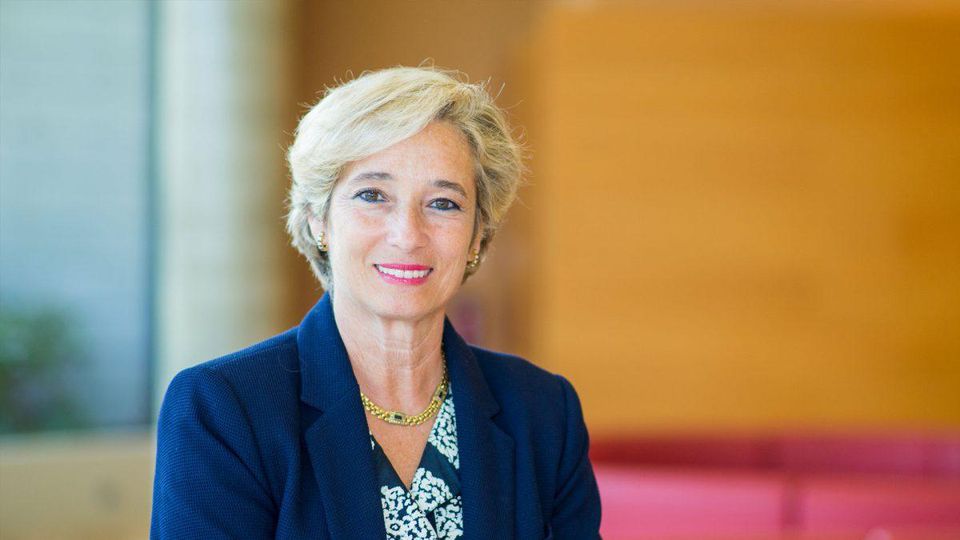Why Women Globally Are Plagued With The Choice Between Being A Mother And A Leader
An interview with IESE’s Professor Nuria Chinchilla
by ,
Nuria Chinchilla is IESE Professor and Director of the International Center on Work and Family. She has a PHD in Management.
Context is queen. Female leadership is not only the outcome of good intentions and hard work, female leadership comes from societal and systemic changes to address the realities of what it means to be a woman (whether you choose to become a mother or not) and a leader (in whatever form you choose to lead).
Recently one Professor at IESE, an innovative global business school, sought out to understand these systemic realities of female leadership at a global level and how they have changed since 2006. Professor Nuria Chinchilla has dedicated her career to understanding the nuance of work-life balance, a hot topic in leadership circles of every company. Her passion for this topic was sparked when she disputed the idea that work and life are at odds with each other and women have to choose in order to be successful in either. This may seem like a concept we have moved past. But what’s surprising, is that it’s actually not. And the choice continues to plague another generation of women around the world.
For the IESE Global Leadership Survey, Professor Chinchilla and team sampled thousands of inputs across 34 OECD countries to understand the nuances behind why specific countries have higher numbers of female leadership in 5 general areas: political leadership (political figures), social leadership (social support for mothers), business leadership (management), personal leadership (entrepreneurship). And the findings are fascinating.



